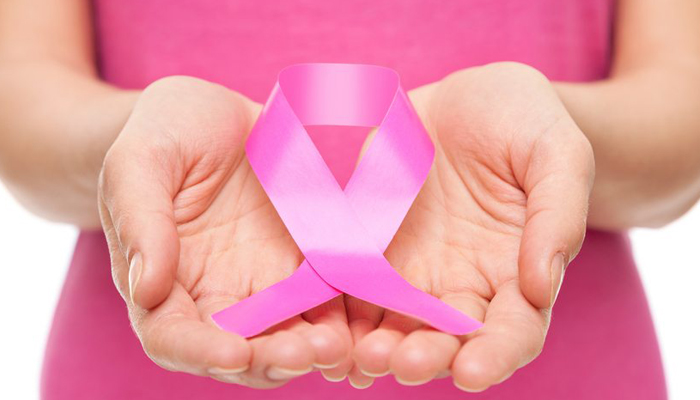TRENDING TAGS :
World Cancer Day: Here is how cancer cells cripple immune system
Millions of people lost their lives every year to this deadly disease. In 2018 alone, 9.5 million people died of cancer, which amounts to a whopping 26,000 deaths per day. This number is expected to increase with increasing environmental stress, worsening air quality, lifestyles and eating habits.
Lucknow: World Cancer Day is observed, on February 4, to increase its awareness, early detection, to encourage its prevention and treatment. This year the theme for World Cancer Day 2019 is - 'I am and I will'.
Millions of people lost their lives every year to this deadly disease. In 2018 alone, 9.5 million people died of cancer, which amounts to a whopping 26,000 deaths per day. This number is expected to increase with increasing environmental stress, worsening air quality, lifestyles and eating habits.
ALSO READ: Amazing Health Benefits of Raw Banana you may not have Know
Substances that are responsible for promoting cancerous cells and inducing free radical damage are called carcinogens, which can be listed as:
-Physical carcinogens (ultraviolet and ionizing radiations)
-Biological carcinogens (certain bacteria, viruses and parasites)
-Chemical carcinogens (synthetic products created by industry, components of smoke, pesticide residues, chemicals used in the food industry etc).
Apart from the above, there are some factors which increase cancer risk, these include:
-increasing age
-stressful lifestyle associated with poor nutritional status owing to low fruit & vegetable intake
use of tobacco, alcohol.
-chronic infections
-being overweight too increases the risk of breast, esophageal, colorectal, ovarian and endometrial cancer.
Many researches have been conducted on how our badly Cancer affects our Immune System. In a study, researchers have found that cancer cells send out biological drones to fight the immune system and survive.
The study showed that cancer cells release drones small vesicles called exosomes circulating in the blood and armed with proteins called PD-L1 that cause T-cells to tire before they have a chance to reach the tumour.
The research offers a paradigm-shifting picture of how cancers take a systemic approach to suppressing the immune system.
In addition, it also points to a new way to predict which cancer patients will respond to anti-PD1 therapy that disrupts immune suppression to fight tumours.
“Immunotherapies are life-saving for many patients with metastatic melanoma, but about 70 per cent of these patients don’t respond,” said Guo Wei, Professor at the University of Pennsylvania.
“These treatments are costly and have toxic side effects so it would be very helpful to know which patients are going to respond,” Wei added.
ALSO READ: More Americans Are Dying of Cirrhosis and Liver Cancer
Anti-PD1 therapy blocks interaction between PD-1 — a protein on the surface of T-cells — and PD-L1, PD-1’s counterpart molecule on tumour cells, thus reinvigorating T-cells and allowing them to unleash killing power on the tumour.
In the study, published in the journal Nature, the team found that exosomes from human melanoma cells also carried PD-L1 on their surface. Exosomal PD-L1 can directly bind to and inhibit T-cell functions.
Identification of the exosomal PD-L1 secreted by tumour cells provides a major update to the immune checkpoint mechanism, and offers novel insight into tumour immune evasion.
ALSO READ: Consumption of this fruit may prevent cancer for sure | Check
According to the researchers, exosomes are tiny lipid-encapsulated vesicles with a diameter less than 1/100 of a red blood cell.
Since a single tumour cell is able to secrete many copies of exosomes, the interaction between the PD-L1 exosomes and T-cells provides a systemic and highly effective means to suppress anti-tumour immunity in the whole body. This may explain why cancer patients might have weakened immune system, they noted.



